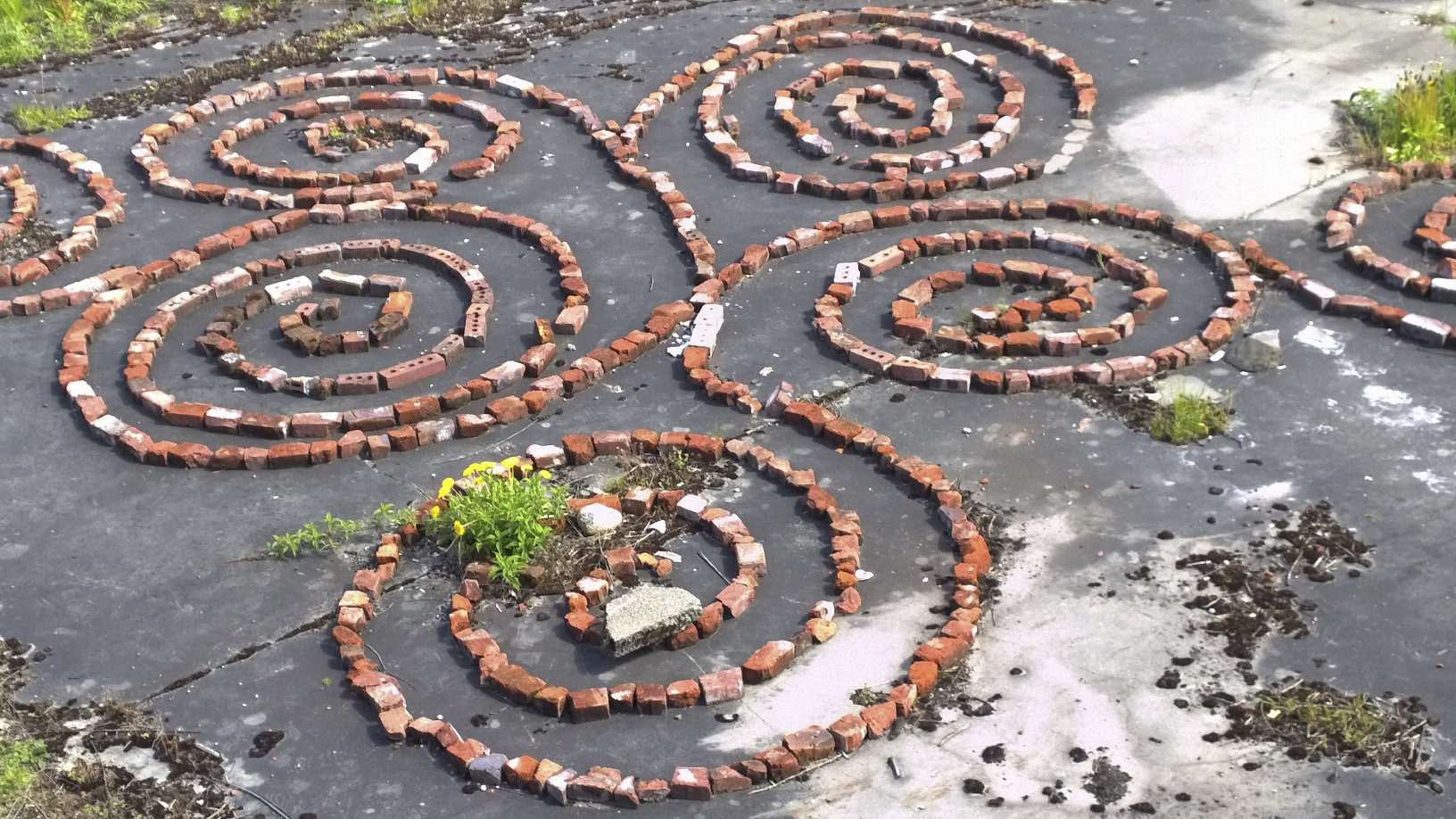By Morf Morford
Tacoma Daily Index
Sometimes putting something into words – especially official words – makes it real. Pierce County is in a “State of Opioid Crisis.” This declaration, statement or admission appears in a letter sent to Governor Jay Inslee and signed by the seven members of the Pierce County Council.
As many of us know, the Pierce County Council is more known for its disunity than for its cohesion – but on this issue, at least when it comes to words, it could not be more unavoidably clear and undeniable. People are literally dying from opioid overdoses; in 2015, Pierce County lost 10.2 per 100,000 people, compared to a statewide average of 9.8. On a national basis, an average of 140 people die each day.
There are those among us who might say that they deserve to die. Perhaps they do. But then again, we all die. And the vast majority of opioid overdoses are the result of prescriptions for enduring pain.
The combination of pain, discouragement and unemployment leads to a spiral of addiction, mental illness and homelessness.


Being homeless and addicted can be described as veering from chaos to trauma. Not every homeless person is an addict, and not every addict is homeless. But sometimes they intersect. And the two together multiply exponentially the pain and sense of dislocation.
We forget or try to ignore the obvious reality: Every homeless person, and every addict, had a life before addiction. Some might be our former friends or neighbors. Tacoma is a small town in every way — perhaps especially among those on the street.
Addiction is not, as much as we might want it to be, an abstraction. There are a thousand steps that lead into total addiction. To most addicts, they seem inevitable. To most of us each one of them seems inconceivable.
I worked at Tacoma’s Rescue Mission for several years. I was a GED and adult basic education teacher. My students wrote, or told me, their stories. Their stories were relentlessly horrifying and bewildering. But they were all far from my experience. I could barely relate to the world they described – even though many of them walked – or worked – or lived on – the same streets I drove on. We shared a world – but inhabited different universes.
Even with my long-time presence in Tacoma and my work with the homeless, I find myself not always willing to look them in the face as I see them or walk by. But I do occasionally see a familiar face.
As much as I – out of busyness, denial or just plain distraction — keep moving and ignore the bare humanity in front of me, sometimes I just can’t look past the obvious. And sometimes that obviousness strikes far closer to home than I would like.
We all imagine, or hope, that homelessness and addiction happens to “other” people — those who “deserve” a life of continual humiliation and desperation, who have somehow “earned” a life on the margins of our city and live among garbage and torn tarps.
We tell ourselves that it is their problem, and even if we have a shred of empathy, we keep our distance and want them to keep theirs.
But many homeless people and addicts are not from far away, nor from dysfunctional families. They are people we used to, or could in the future, know and work with.
One of them is the daughter of a friend of mine. She had been a heroin addict and living under a pale blue tarp for a couple of years. She had just turned 24. She was in the hospital where she had nearly died from an infection.
I have known this young woman since before she was born. When I saw her recently, I was struck by how old and hardened she looked. Yes, I easily recognized her childhood face. And she recognized me. But we had little to say to each other.
Other people have told me what to say to her at this moment: details about rehab programs. That seems to be what everyone wants to tell addicts. I don’t know why. There are many programs, public and private. Everyone on the street knows about rehab programs.


But I was never convinced that was what addicts needed anyway. They certainly need to stop using drugs and get off the streets. But that will never be the first step. The first step is to find a place, a community, where they are welcome and belong. They need to take that first, usually terrifying, step into recovery. In other words, they need what we all need. They just happen to have an addictive drug complicating things.
As I saw this young woman in the high-security room in the hospital, I was struck by her eyes — a lostness and a sense of being adrift that I recognized from her childhood. A friend of hers from high school told me that she “fell in with the wrong crowd.” Yes, she did. But falling into things is what she always did.
She was always a good kid. She did what others wanted her to do. She just happened to run into friends who wanted her to use heroin.
Her eyes showed me that she was still falling.
When I saw her, I had a million intrusive and guilt-inducing questions. I’m sure she gets those all the time.
All I wanted to say to her was that, in spite of what her friends might tell her, and what she might tell herself, she still belongs and has family and friends waiting for her to come home. And I know that every homeless person and addict needs to hear this.
Every addict has a family; every homeless person has a history. We need to remind them and welcome them back. They are not aliens, they belong to us, and we to them. We need them at least as much as they need us.
Opioid addiction, overdose and death are only further expressions of what we have become and what we are willing to take responsibility for. Every era and culture has its drug of choice – it might be wine, beer, saki or caffeine. For a variety of reasons -access, cost or individual desperation- opioids have become available, if not acceptable. We cannot dismiss or ignore what opioids are doing to us.
Every crisis is a challenge that shows us what we are made of. Our legacy, for better or worse, will emerge from our response today. I don’t know if our laws need to change, but our attitudes certainly need to.








